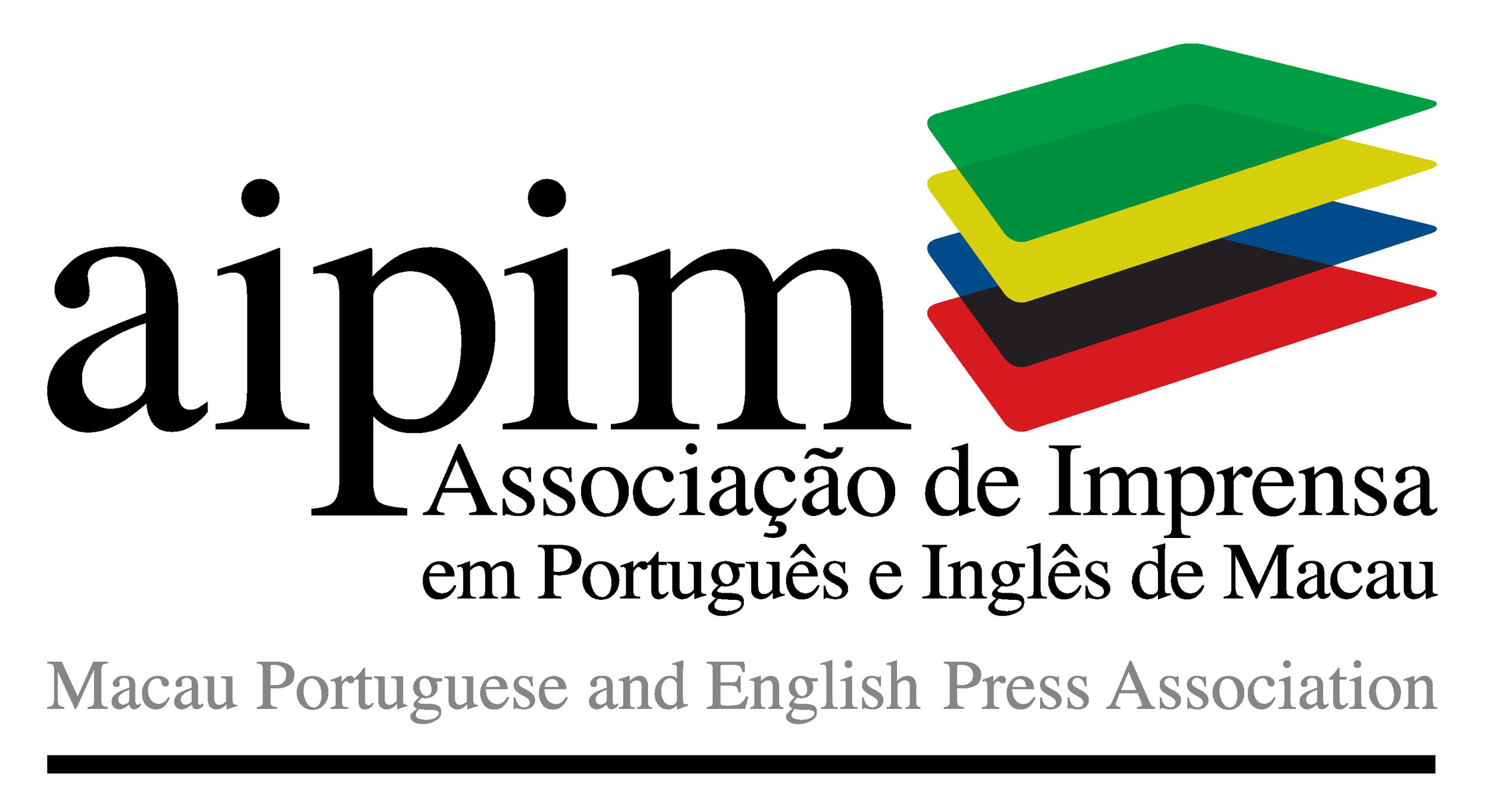AIPIM’s first survey on press freedom and access to information
The Macau Portuguese and English Press Association (AIPIM) has published on September 27 its first report on press freedom and access to sources of information (attached here) titled “Depiction of the freedom of the press and access to sources of information for working journalists”, an evaluation of a survey carried out by AIPIM among its members and journalists working for Portuguese and English media organizations. A total of 44 journalists filled in the questionnaires, accounting for almost 60 percent of the survey universe. The questionnaires were handled on a confidential basis by a third party committee comprising three experts: Frederico Rato, a well-known lawyer and veteran legal expert, José Manuel Simões, a former journalist, Assistant Professor of journalism the head of the University of Saint Joseph’s Communication & Media Department, and Rui Flores, an experienced former journalist. They were commissioned to draft a report based on the content of the questionnaires.
AIPIM’s Board of Directors would like to thank all of those who participated in this very first survey and would also like to express our deepest gratitude to the independent commission in charge of drafting the report - their contribution, which was pro-bono, was priceless.
The main conclusion of the survey points to a series of constraints with regards to access to sources of information. According to the report although 79% of the respondents say there is press freedom in Macau, three quarters of the surveyed journalists say they have experienced some form of restraint in their work as journalists, of political, economical, social, cultural or institutional nature, among others. Additionally, access to sources of information is commonly described as difficult. The situation is particularly serious when it comes to access to sources of information in the judicial and executive branches. With regards to the former more than two thirds (68%) deem it difficult, while concerning the latter the figure stands at 56%. Problems arise also in having access to information in the legislative branch, alongside the public administration in general. Respondents also point out a number of flaws and inadequacies within the Government spokesperson system, signalling a culture of lack of transparency.
AIPIM emphasizes that “without facilitated access to sources of information, the freedom of the press can be brought into question”, in line with is spelled out in the report. In other words, right to information and transparency are absolutely necessary conditions for a truly sound and unhindered freedom of the press. AIPIM urges the Macau SAR authorities to promote a culture of transparency at the different branches of power and at the public administration at large.
This survey is the first step towards a wider depiction of freedom of the press and access to sources in Macau. The next step will entail a more refined approach to better assess internal and external constraints, such as self-censorship, different types of pressure and other restraints.





